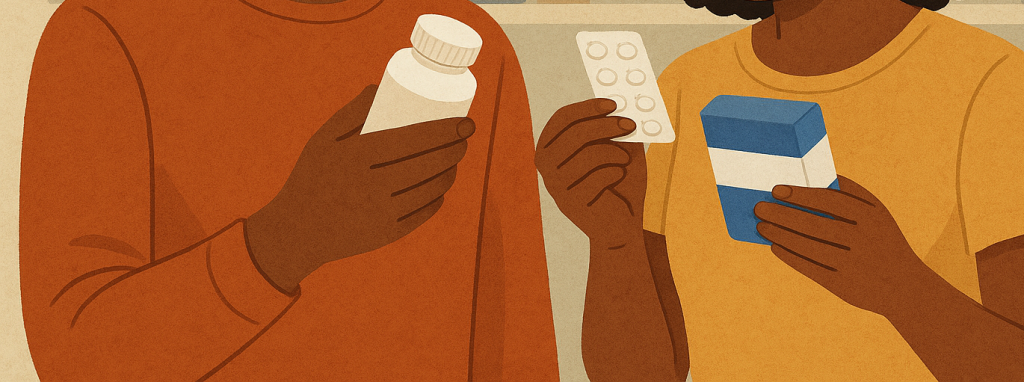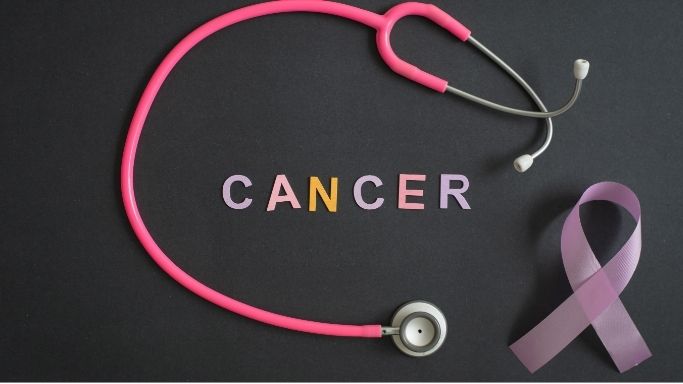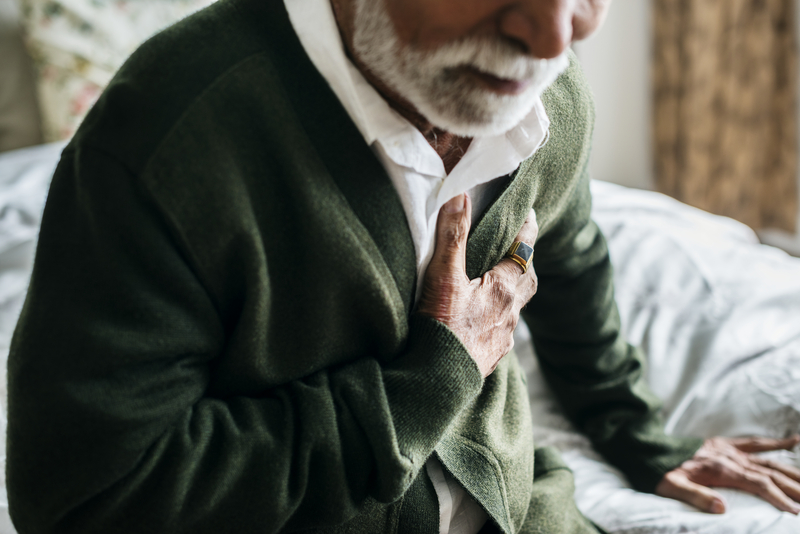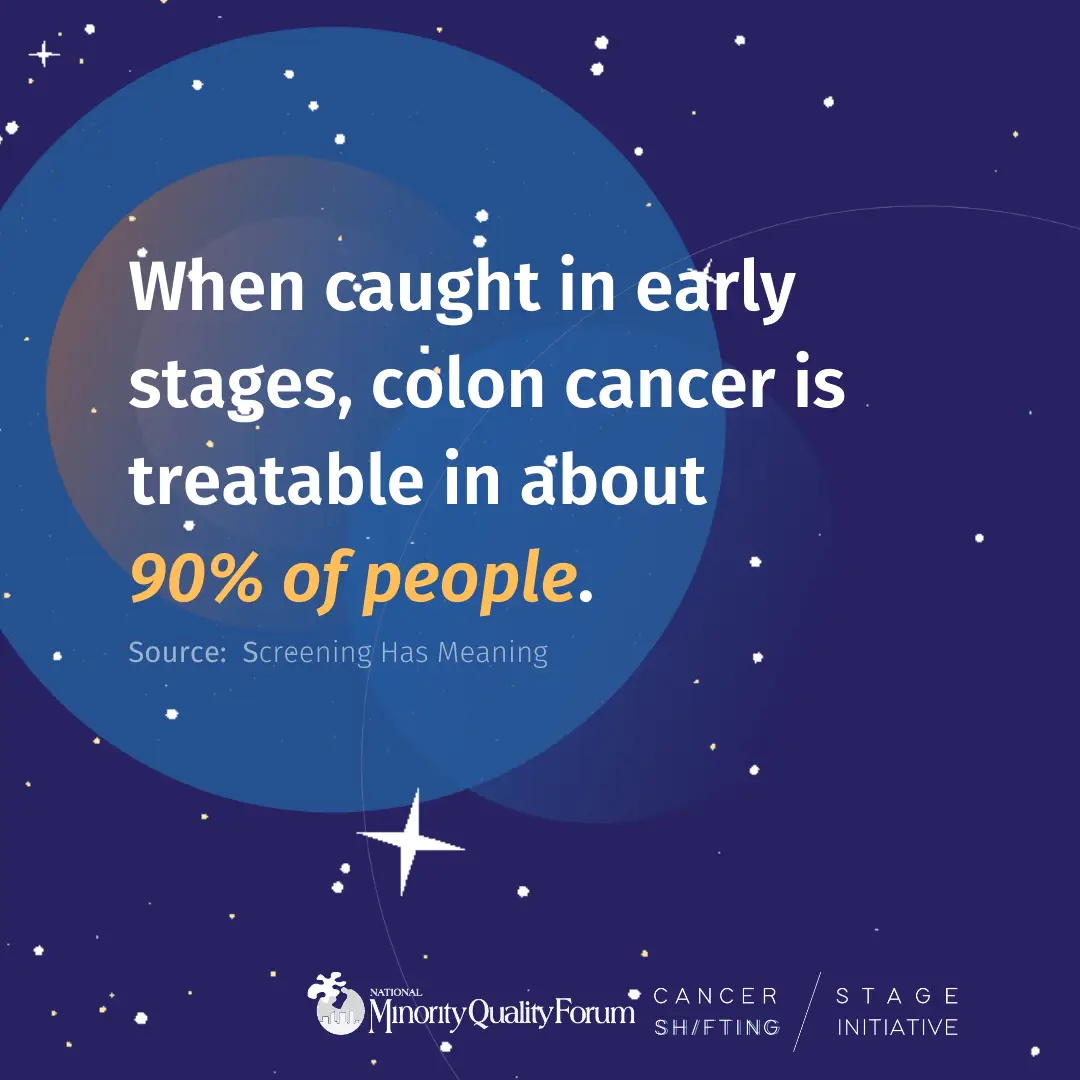- By Jessica Wilson

Access to healthcare is not equal for everyone. In many Black and Brown communities, barriers such as cost, lack of insurance, transportation challenges, and fewer nearby healthcare providers make it harder to receive timely medical care. For these reasons, over-the-counter (OTC) medicines play an especially important role in supporting health and wellness.
1. Affordability and Accessibility
OTC medicines are often much more affordable than prescription medications or urgent care visits. For families who may not have health insurance or who face high copays, being able to buy pain relievers, allergy medications, or cold remedies at a local pharmacy or grocery store makes a big difference.
2. Relief for Common Health Conditions
Many everyday health needs—like headaches, fevers, allergies, heartburn, or minor cuts—can be safely managed with OTC medicines. This allows people to treat common illnesses early, avoid unnecessary emergency room visits, and stay well enough to continue working, going to school, and caring for their families.
3. Reducing Health Disparities
Black and Brown communities often experience higher rates of chronic diseases such as asthma, diabetes, and high blood pressure. While prescription treatment is often necessary, OTC medicines can provide supportive care—like glucose tablets for low blood sugar, topical creams for skin conditions, or antihistamines for allergies—that help people manage symptoms day to day.
4. Empowering Health Decisions
Access to OTC medicines also empowers people to take control of their health. Instead of waiting for a doctor’s appointment—which can take weeks—individuals can make informed decisions, treat minor conditions quickly, and prevent them from worsening. This is especially important in neighborhoods where medical resources are limited.
5. Supporting Families and Caregivers
In many Black and Brown households, caregivers often look after children, elders, and extended family. Having reliable OTC options on hand means they can provide immediate relief for fevers, upset stomachs, or seasonal allergies without delays, reducing unnecessary stress.
Moving Forward
While OTC medicines are not a substitute for regular check-ups or prescription care when needed, they are a vital tool in improving health equity. Ensuring that pharmacies and stores in Black and Brown neighborhoods are well-stocked with affordable OTC options is one step toward reducing health disparities and empowering communities to care for themselves.
Trending Topics
Features
- Drive Toolkit
Download and distribute powerful vaccination QI resources for your community.
- Health Champions
Sign up now to support health equity and sustainable health outcomes in your community.
- Cancer Early Detection
MCED tests use a simple blood draw to screen for many kinds of cancer at once.
- PR
FYHN is a bridge connecting health information providers to BIPOC communities in a trusted environment.
- Medicare
Discover an honest look at our Medicare system.
- Alliance for Representative Clinical Trials
ARC was launched to create a network of community clinicians to diversify and bring clinical trials to communities of color and other communities that have been underrepresented.
- Reducing Patient Risk
The single most important purpose of our healthcare system is to reduce patient risk for an acute event.
- Jessica Wilson
- Victor Mejia
- Jessica Wilson


















